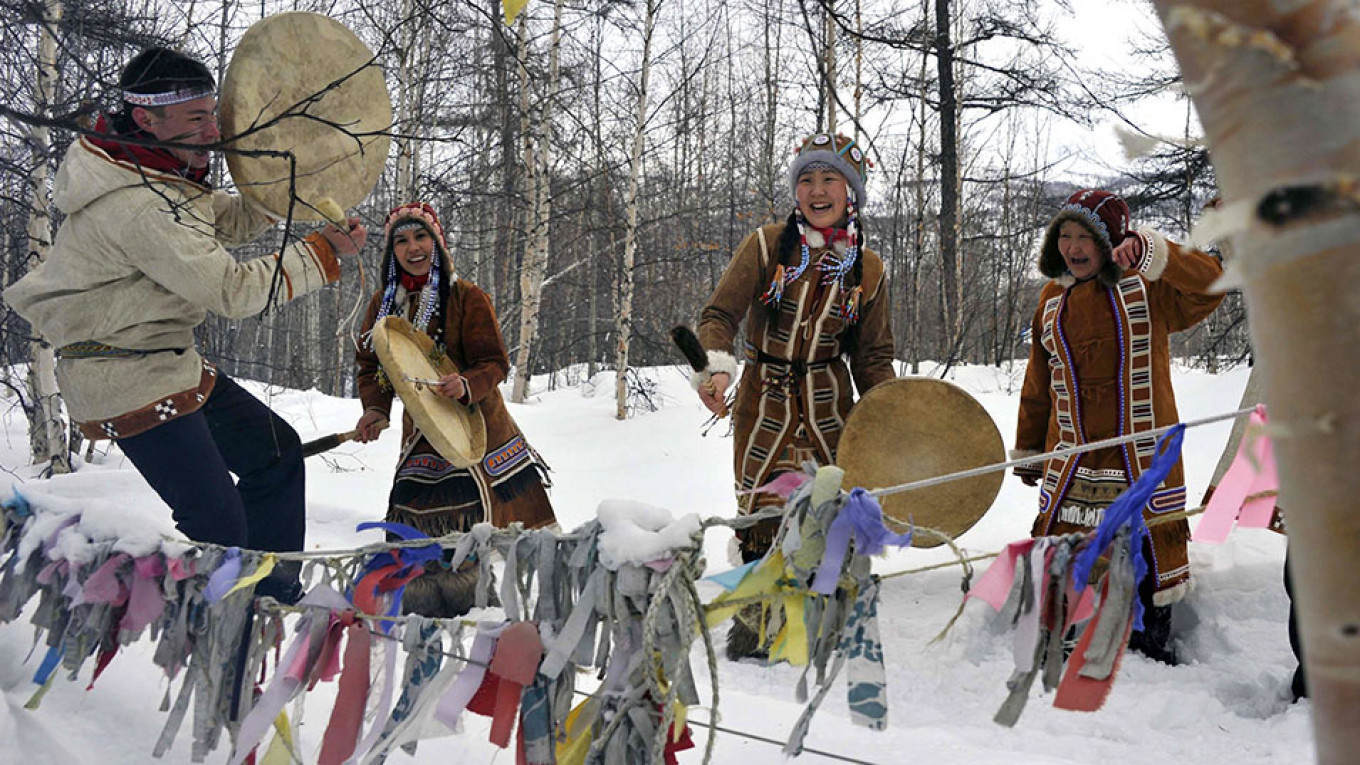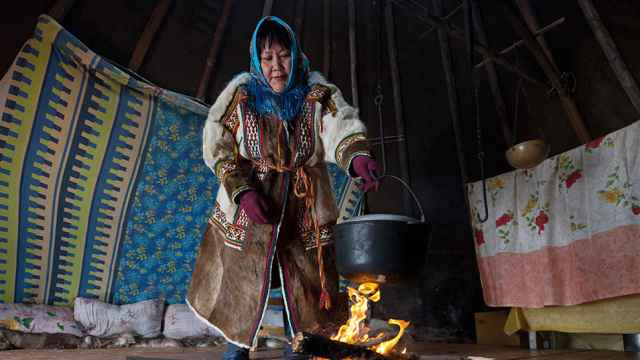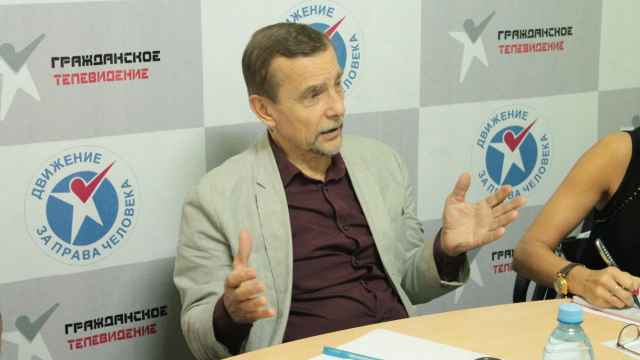Moscow City Court ruled to dissolve the Center for Support of Indigenous Peoples of the North/Russian Indigenous Training Center (CSIPN/RITC), provoking protests from Brussels and the Nordic Sami Parliaments.
Hindering contacts with intergovernmental organizations and forums is exactly why the Justice Ministry in Moscow took the case to court, says CSIPN/RITC director Rodion Sulyandziga, who represents indigenous voices across Siberia and the Russian north.
"That was Russia's goal to keep us outside of any international, Arctic and UN venues," he said. "It will negatively impact our international, and in particular UN relations, due to the fact we will lose our institutional capacity."
The ruling by the court, however, will be appealed. "We will appeal to the next upper court within 30 days, in accordance with legal procedures."
The non-governmental group was funded in 2001 to provide assistance to people in Siberia, the North and Far East of Russia.
Russia’s Justice Ministry brought the case to court and asked for the shutdown of the organization over multiple violations of the country’s NGO law. Back in 2015 CSIPN/RITC was listed as "foreign agent," a branding given to groups that receive funding from abroad and are involved in what authorities define as "political activities."
The indigenous people's group then renounced its foreign funding and was removed from the "foreign agent" list. For the Justice Ministry, however, the efforts to shut down the group continued.
EU: "Worrying developments"
"These worrying developments go against independent and active civil society, which is an essential element to every democracy," says Maja Kocijancic, spokesperson for Foreign Affairs and Security Policy with the European Union.
"It is vital to create the proper conditions of state support for NGOs and to foster an open and inclusive environment for their growth," she says.
Kocijancic emphasizes that the Russian Constitution enshrines the fundamental right to freedom of association.
"This is part of the Russian Federation’s international obligations," she says.
On Friday, the case will be a hot topic in Rovaniemi, Finland, as the Arctic Leaders' Summit will be held for the first time in nearly a decade. The forum, established in 1991, consists of indigenous peoples from across the Arctic, aimed at creating common understanding particularly on matters related to the Arctic environment.
Arctic states and observers to the Arctic Council are also invited to the discussions.
Attacks on indigenous peoples’ rights
Aili Kesikitalo, President of the Norwegian Sami Parliament, says that the Sami parliaments in Sweden, Finland and Norway are planning a joint statement about the court’s order to close the Russian group.
"I expect the case to be raised at Arctic Leaders’ Summit in Rovaniemi," she says.
"All attacks and impediments against the human rights of indigenous peoples make the work more demanding. Unfortunately, this seems to increase, not improve," Keskitalo added.
She will also bring the case at a meeting with Norway’s Foreign Minister Ine Eriksen Søreide in December.
The Norwegian foreign ministry did not respond to The Barents Observer's requests for comment.
Previously, though, when taking over the chair of the Barents Council in October, the foreign minister said that civil society will be a focus area for the Barents cooperation during the chairmanship period that lasts until autumn 2021.
"We regularly address this in our dialogue with Russian authorities," Søride said, pointing to the conditions for NGOs, the media and indigenous peoples.
A Message from The Moscow Times:
Dear readers,
We are facing unprecedented challenges. Russia's Prosecutor General's Office has designated The Moscow Times as an "undesirable" organization, criminalizing our work and putting our staff at risk of prosecution. This follows our earlier unjust labeling as a "foreign agent."
These actions are direct attempts to silence independent journalism in Russia. The authorities claim our work "discredits the decisions of the Russian leadership." We see things differently: we strive to provide accurate, unbiased reporting on Russia.
We, the journalists of The Moscow Times, refuse to be silenced. But to continue our work, we need your help.
Your support, no matter how small, makes a world of difference. If you can, please support us monthly starting from just $2. It's quick to set up, and every contribution makes a significant impact.
By supporting The Moscow Times, you're defending open, independent journalism in the face of repression. Thank you for standing with us.
Remind me later.






